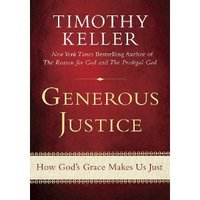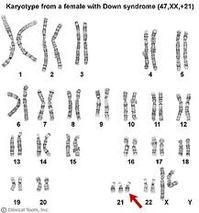What does it mean to care about “the poor”? What does it
look like to put love and care and compassion into action? And what would
motivate anyone to do this?
Tim Keller’s newest book, Generous Justice: How God’s Grace
Makes Us Just is the best book I’ve ever read about putting Christian faith
into action. I highly recommend it for anyone–Christian or not–interested in
the questions posed above.
Keller contends that Biblical justice is not just “the
punishment of wrongdoing,” but also “to give people their rights.” Furthermore,
Biblical justice is generous, justice
that goes “above and beyond.” Keller points to Job as an example of generous
justice, for Job does not simply meet the “basic needs for food and shelter”
for the poor, but “turns the poor man’s life into a delight.”
Page after page of this book challenged me:
“Not giving generously, then, is not stinginess, but
unrighteousness, a violation of God’s law.”
“Money that is hoarded for oneself rots the soul.”
“We should spend far more of our money and wealth on the poor than we do on our own entertainment, or on vacations, or on eating out and socializing with important peers.”
“love your neighbor as yourself. We don’t wait until we are in ‘extremity’ before doing something about our condition, [Jonathan Edwards] argued, so why should we wait until our neighbor is literally starving before we help?”
And that’s just from the first few chapters…
Keller offers examples from the Bible alongside examples from contemporary life to demonstrate what it looks like to practice generous justice as a response to God’s grace. He recognizes the complexities of poverty and he deals deftly with arguments against providing support for those in poverty and on the outskirts of society. Finally, he challenges Christians to understand that guilt is not a motivation for doing justice: “Justice for the poor is connected not to guilt but to grace and to the gospel.”
Were all Christians to respond to Keller’s understanding of Biblically based justice, it wouldn’t simply result in more social programs, food and shelter and health care for the needy. It would result in a world defined by shalom, a comprehensive peace, a world in which human beings flourish, a world of beauty and delight


